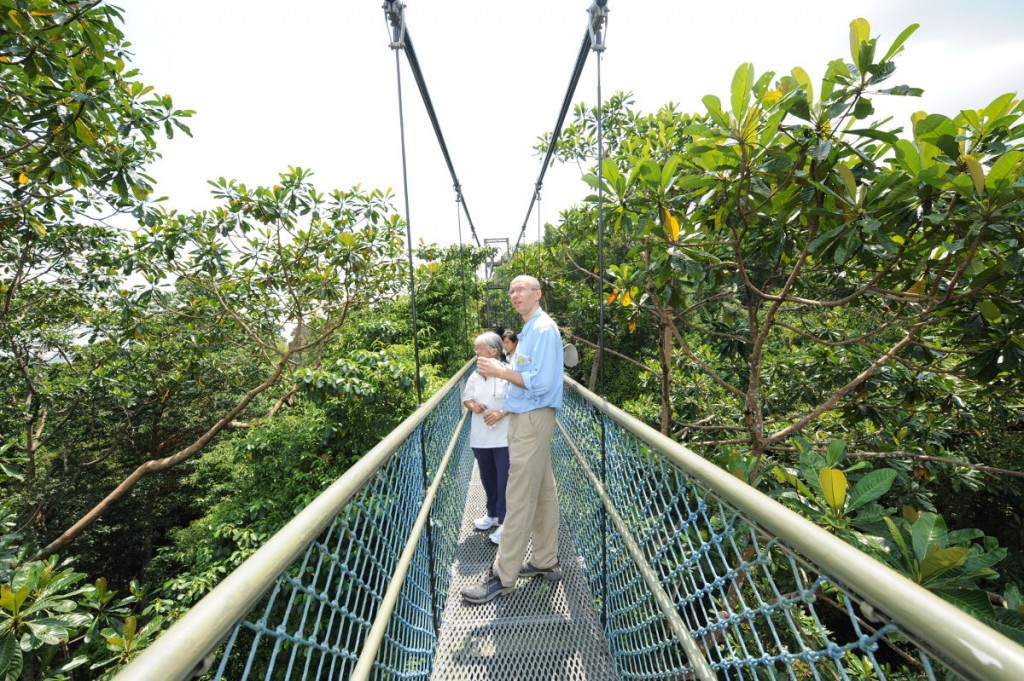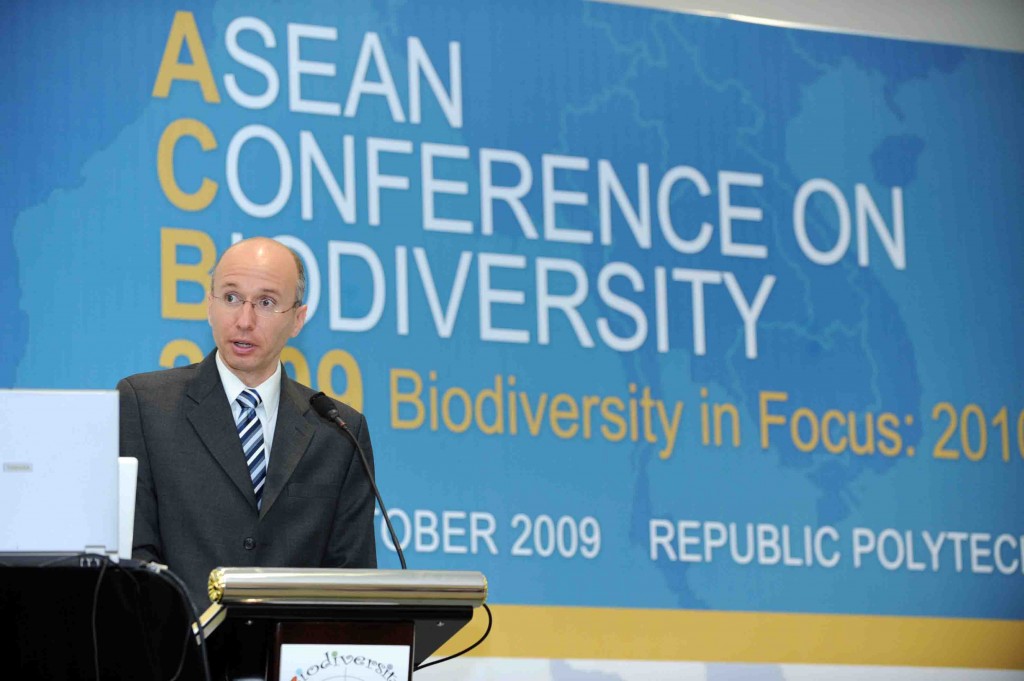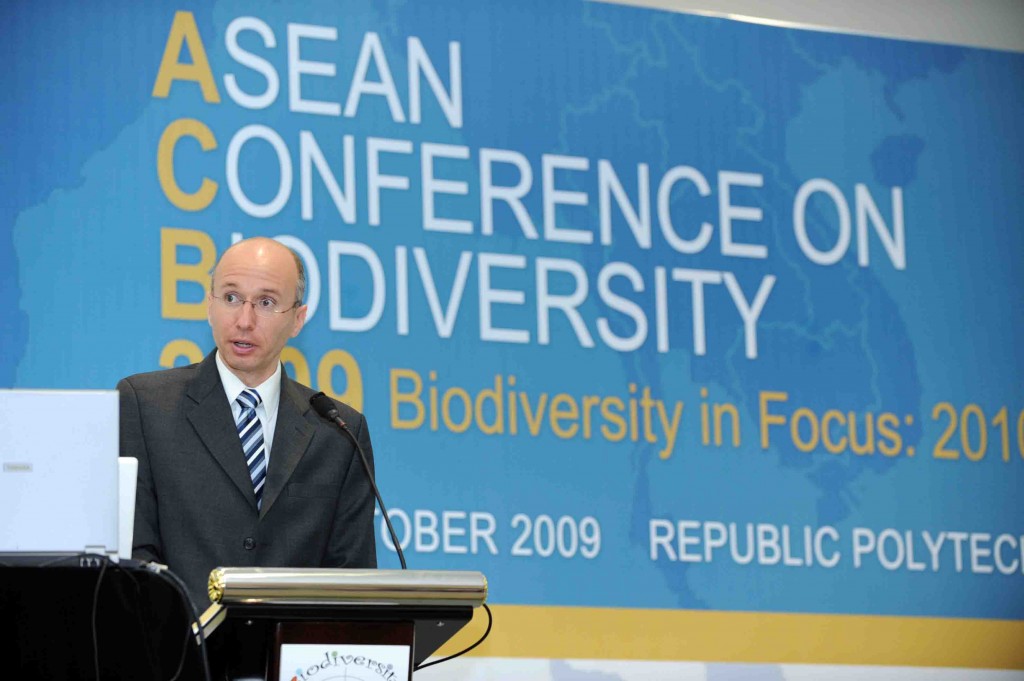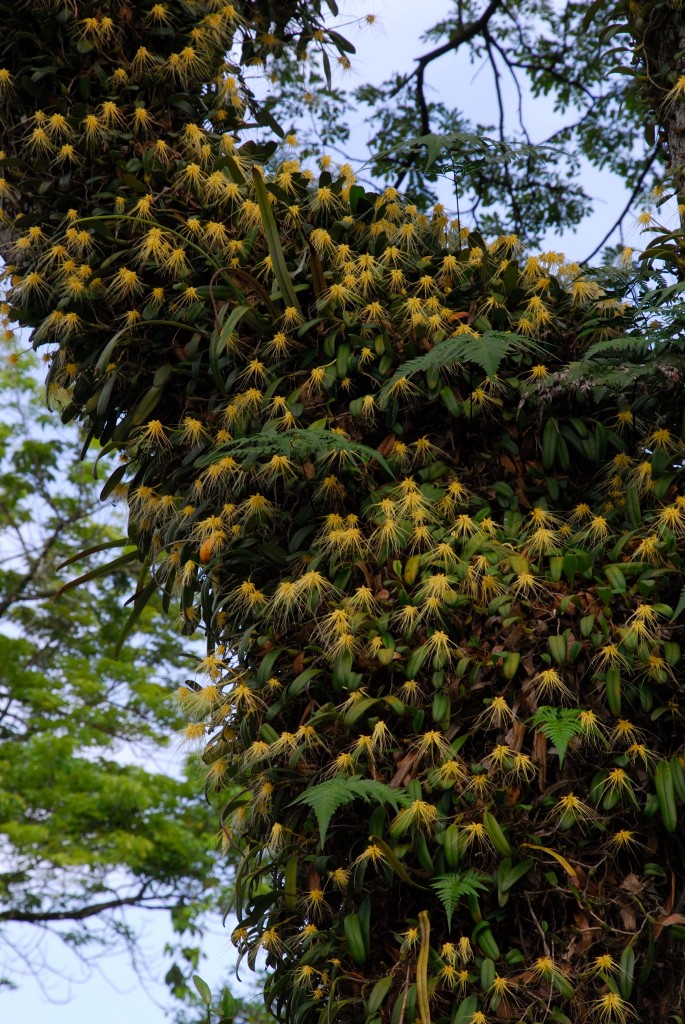Protecting Nature - For Your Health's Sake
For 2010, the International Year of Biodiversity, My Green Space will feature different perspectives on what biodiversity means to you and me. This article is part of a year-long series.
"The library of life is burning, and we don't even know the titles of the books." - Dr Gro Harlem Brundtland, former director-general of the World Health Organisation
In this day and age, we are all familiar with the pressing reasons for protecting the world's plant and animal species. Climate change, water shortages, and the extinction of endangered species - these are but a few of the large-scale issues that make conservation so crucial.
But have you ever considered that your own personal health is also linked to the survival of nature? As the keynote speaker at the ASEAN Conference on Biodiversity last October, jointly organised by NParks and the ASEAN Centre for Biodiversity, Dr Aaron Bernstein brought this message to life with a great many vivid examples from the natural world.
Dr Bernstein, a physician with the Harvard Medical School, is the co-author of the highly acclaimed publication "Sustaining Life: How Human Health Depends On Biodiversity". His insights on conservation are driven by his passion for biodiversity as well as his expertise as a medical doctor. In his keynote speech, he highlighted various instances where products from nature have been used in modern medicines. Biodiversity, he emphasised, is as vital to human health as good nutrition and clean water.
At a question and answer session with the media, Dr Bernstein brought up a sobering incident where biodiversity made the difference between life and death. During the summer of 1995, the absence of greenery in his native Chicago proved fatal. "Hundreds of people died in one summer because it was too hot. Then the city started greening rooftops, planting these gardens on the tops of buildings. As a result, fewer people died of heat-related problems.” Only when issues like these affect people on a personal level, he said, do they start viewing them differently.
As further proof of biodiversity's importance to our health, medicines derived from nature are continually being discovered and developed. Ziconotide is a pain medication developed from the cone snail, which paralyses its prey by injecting it with toxic peptides. Since it was discovered, it has been used to treat cancer patients with chronic pain, who have already developed tolerance of other pain medications. This is one example that is highly relevant for us in Singapore, as cone snails live in coral reefs - and there are 250 species of corals in Singapore's waters.
Though the medicinal products produced by nature are highly valuable, Dr Bernstein was quick to point out that it can be dangerous to place a dollar value on an ecosystem and its component species. "It suggests that by putting a price tag on nature, we can, in the future, somehow buy it back.” In 1960, he said, we would have valued the Pacific Yew tree at zero. But after it was discovered that the bark of this tree could be processed into the anti-cancer drug Taxol, the tree would be valued at around USD 1.6 billion - the value of the amount of taxol sold in 2000. Which makes it all the more sobering to think: what if the tree had gone extinct before the drug was discovered?
It wouldn't be far-fetched at all, then, to say that the conservation of nature is actually a personal matter for everyone. "We must protect the natural order if we are to protect ourselves,” said Dr Bernstein, in closing. "As our health and the health of the future generation are entirely dependent on it.”
By Germaine Ong
The cone snail, which lives in coral reefs, paralyses its prey with toxic peptides. It has been used to produce a pain medication that has helped cancer patients who have grown resistant to opiates

Dr Aaron Bernstein takes in the view of Singapore’s biodiversity from the HSBC TreeTop Walk at MacRitchie Reservoir Park

Dr Bernstein presenting the keynote speech at the ASEAN Conference on Biodiversity, held at Republic Polytechnic in October 2009






Have views or comments on this article? Let us know via this form. If you would like to give us feedback on any other areas relating to our parks and gardens, please submit via https://www.nparks.gov.sg/feedback